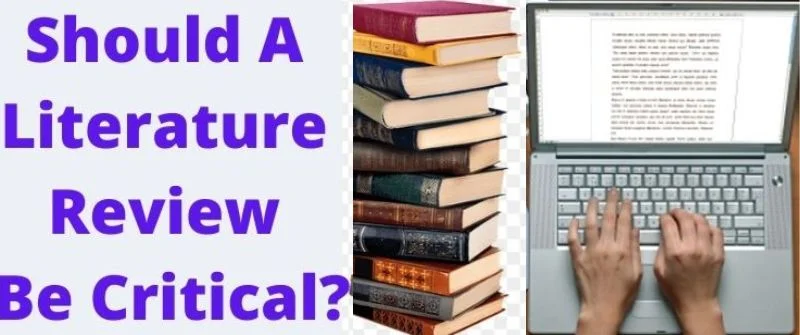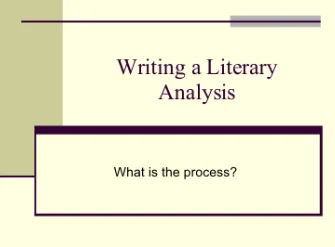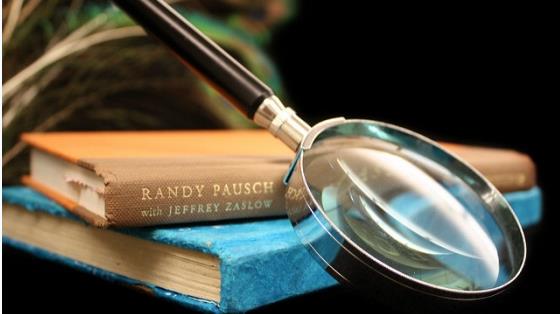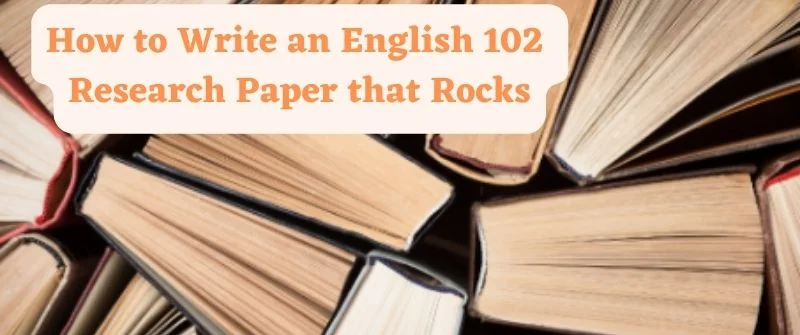Should a Literature Review be Critical? Tips How to do it

A literature review should be critical. Literature reviews should provide critical analysis. Your opinion should be known and clear in the context of the literature. Your voice should be heard, and your viewpoints should be summarized.
A literature review can be critical if that is the best way to present the gaps found in the research. A critical analysis in your literature review helps answer questions left open in research.
Conflicts in research are also presented perfectly by being critical of sources in the literature review.
By adopting a critical review of literature, one can look at other writers’ arguments in a deeper context and with a more comprehensive view.
At the same time, a critical literature review will be able to use one finding to critique or question another writer’s findings or argument. It simply helps one to have multiple looks at an argument presented by a writer but in line with one’s thesis.
You can hire literature review writers to write your review if you cannot be able to go to such depths to do the job well. We have the best writers for that.
What is a Critical Analysis in Literature Review?

A critical analysis is your evaluation of a book, article, research, or any other source that provides information used in a literature review. It should include the main ideas of the source.
Concerning a literature review, a critical analysis explores all the findings and arguments of the source and analyzes against the thesis or research question.
Being critical of the main ideas of an author is more effective. To write a critical literature review, the author’s work should not be accepted without question.
To be critical of the provided information, you will have to ask yourself the following questions:
- Is the work biased in any way?
- Is the argument provided effective in any way?
- Is the argument explained and presented clearly?
A critical analysis includes evaluating information that is not too dismissive or summarized only. It contains issues and key themes in literature sources. It also includes a holistic approach to relevant literature to provide a general explanation of what it is.
To address key issues and themes, one needs to concentrate on the utility of qualitative research methods.
People Also Read: How to Write an English 102 Research Paper that Rocks
How to Critically Analyze Sources in Literature Review
When critically analyzing sources the content and citation are the two main parts of consideration.

You should never be contented with one source of information even if it appears to be very accurate.
More sources will help you back up your research and have a well-rounded bibliography.
1. The Citation
To critically analyze a citation, consider the following:
Authority of an Author
The author should be listed and have credentials and experience in the area of research. The author should be associated with a reputable institution or organization. Familiarity with the authors from other research and readings is important too.
Publisher
The publisher should be well-known for publishing scholarly materials. University presses mostly publish scholarly journals and books.
Date of Publication

This helps you identify whether the source is outdated or not. You can also know whether a revised new edition or preface is available.
Scholarly Journals and Magazines
Journals can be written for a public audience rather than for scholarly purposes.
Literature reviews are mostly meant for academic purposes, therefore, scholarly journals are preferred.
2. The Content
The following are to be considered in the body of the source.
Intended Audience
Does the publication is aimed to meet your scholarly information needs? Is the use of the audience too simplistic, too complicated, or too technical?
Quick Content Check
The coverage of content as per the table of contents meets your needs. The preface should address your topic. If there is no index and cited sources are not included, then that is a clear sign of a lack of authority. Use the citation criteria to test sources if listed.
Coverage
The work should add value to your information on that topic. Is your topic being covered extensively or marginally by work? Is the work from primary sources such as research or secondary materials such as scholarly journals?
3. Use Reasoning Skills to Gauge the Content
Through your reasoning, you should be able to tell whether the content provided is based on facts or just opinions. You can also tell whether the author has a propaganda interest.
Whether the author is appealing to emotions or using emotional language can also be identified when gauging the content.
4. Functionality, Style, and, Legibility
The main points of the research should be presented clearly and have a logical flow and analysis. The work should be clearly labeled to make navigation easier. There should be no typo errors and an index search function should be provided to search the work for specific content.
People Also Read: Guide How to Write Good Ancient History Essays
Tips on How to Present Critical Analysis
There is no specific formula for presenting a critical analysis in essays. A critical analysis should have the following contents:

1. The Introduction should be clear
Here you familiarize the reader with your evaluation of the book and what you will discuss.
The book title and its author should be mentioned.
Present the author’s argument and follow it up with your argument.
Go straight to the point and give the major reasons for your book evaluation.
2. The Summary should be concise
The reader should be familiarised with the argument of the author. The author’s stance and the main points about the topic should be explained. The author’s conclusion about the topic should also be described.
You can use any method to summarize. For instance, you can use diagrams in a literature review if you want to employ a different type of summary other than text.
3. Evaluate the Source well
Here you decide the effectiveness of the author’s argument. The criteria to use include:
- Is the argument of the author clear or does it bring confusion?
- Is the author’s argument strong in a way that effectively backs up the argument?
- Are the sources of the author reliable?
- Which arguments of the author are more and least convincing?
- Is the argument biased?
Always be specific. Explain the flaws you see in the author’s work directly and provide reasons.
4. Write a Good Conclusion
Here you can give the main points of your evaluation and the overall evaluation of the source. You can also include the contribution of the book or article in the field and any areas for further research.

Josh Jasen or JJ as we fondly call him, is a senior academic editor at Grade Bees in charge of the writing department. When not managing complex essays and academic writing tasks, Josh is busy advising students on how to pass assignments. In his spare time, he loves playing football or walking with his dog around the park.




